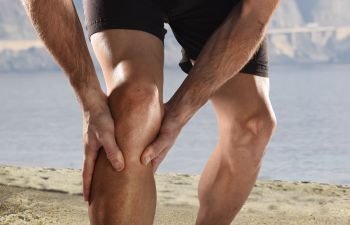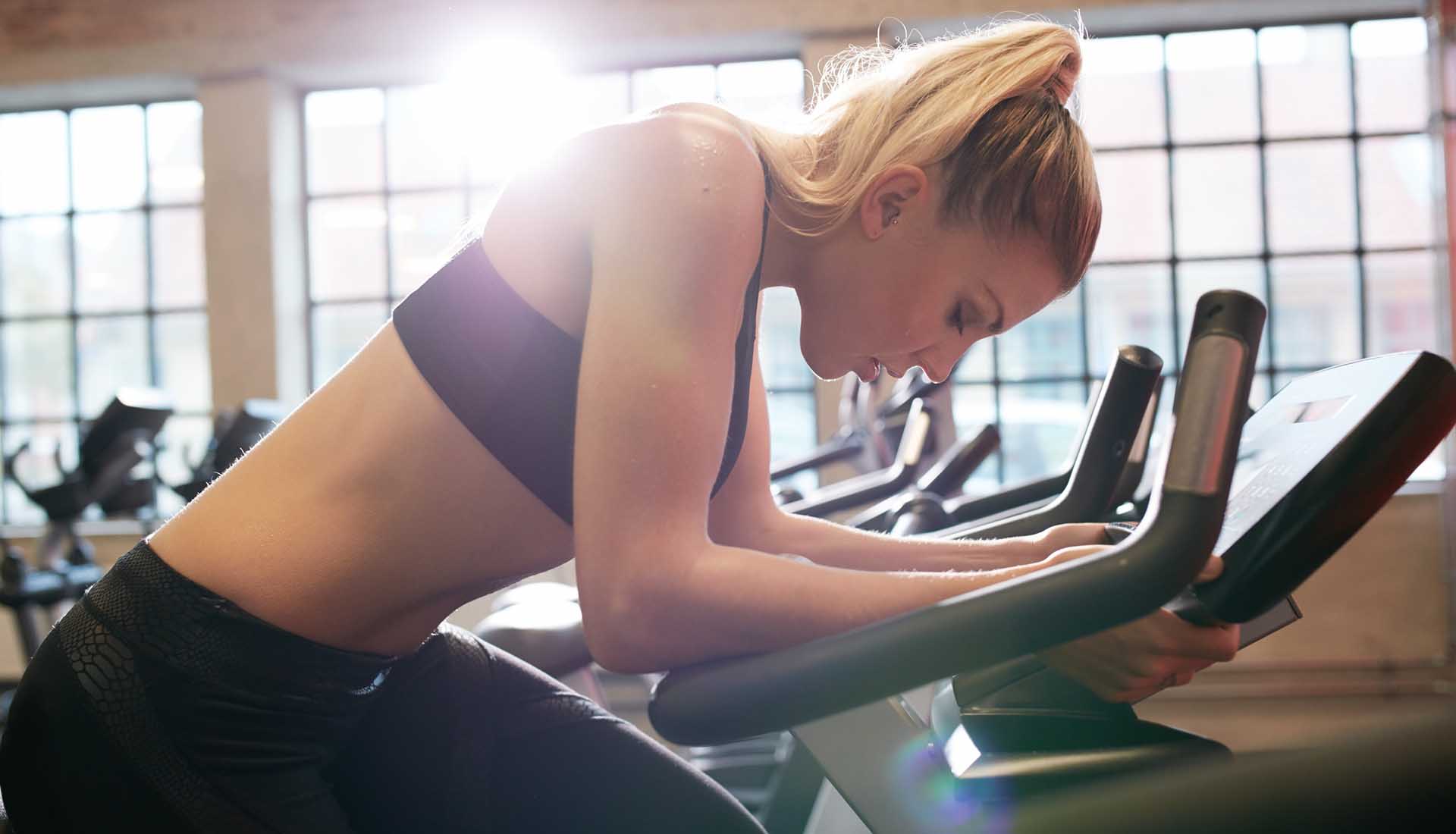 The patellar tendon connects the bottom of your kneecap to the top of your shin bone. Activities like jumping and running can cause inflammation in the patellar tendon and pain below the kneecap. This condition is called jumper’s knee, and if one does not take precautions, it can lead to severe tears in the patellar tendon. We offer advanced jumper’s knee treatment at Jonathan L. Glashow, MD, Orthopedic Surgery & Sports Medicine clinic in New York.
The patellar tendon connects the bottom of your kneecap to the top of your shin bone. Activities like jumping and running can cause inflammation in the patellar tendon and pain below the kneecap. This condition is called jumper’s knee, and if one does not take precautions, it can lead to severe tears in the patellar tendon. We offer advanced jumper’s knee treatment at Jonathan L. Glashow, MD, Orthopedic Surgery & Sports Medicine clinic in New York.
Causes and Symptoms of Jumper’s Knee
Jumper’s Knee, also called patellar tendonitis, is caused by overuse or injury to the patellar tendon. The combination of jumping and landing can cause a patellar tendon strain or inflammation. This injury is more common in athletes that perform repetitive jumping, although anyone can have it. While jumper’s knee is usually characterized by slowly increasing pain, the symptoms occur abruptly in some cases.
Many athletes continue training and competing until the problem becomes so severe that they have no choice but to seek treatment. However, noticing the jumper’s knee symptoms and treating the injury early can prevent further damage.
Common Jumper’s Knee Symptoms include:
- Pain below the kneecap when moving, particularly when jumping or running
- Swelling or tenderness in the patellar tendon area
- Bruising or redness
- Stiffness of the knee while jumping, kneeling or squatting
- Leg or calf weakness
- Lower knee pain when extending or bending the leg
- Lower kneecap pain
Tips to Prevent Jumper’s Knee:
- Wear shoes that fit well and support your arch; add orthotics if needed.
- When your quads and hamstrings are tight, it can place extra stress on the patellar tendon. Therefore, basic, disciplined stretches of both muscles are vital.
- Warm-up before and cool-down after exercising.
- Gradually increase the intensity of your workouts.
Jumper’s Knee Treatment
Jumper’s knee is very common in athletes who play basketball, volleyball, soccer and other power sports that repeatedly jump or run on hard surfaces. Treatments usually involve rest, ice and NSAIDs, followed by physical therapy and strengthening. However, steroid injections can provide relief for more severe inflammation while recovering.
Chronic or reoccurring patellar tendonitis can lead to small tears on the patellar tendon. If a complete tendon tear occurs, it will require surgery to repair. Dr. Glashow is one of NYC’s top sports medicine and orthopedic surgeons. He can perform advanced treatments and surgery to repair damaged tendons and relieve your jumper’s knee. If you are suffering from chronic jumper’s knee symptoms, contact us or visit our clinic on New York City’s Upper East Side to schedule an appointment.










